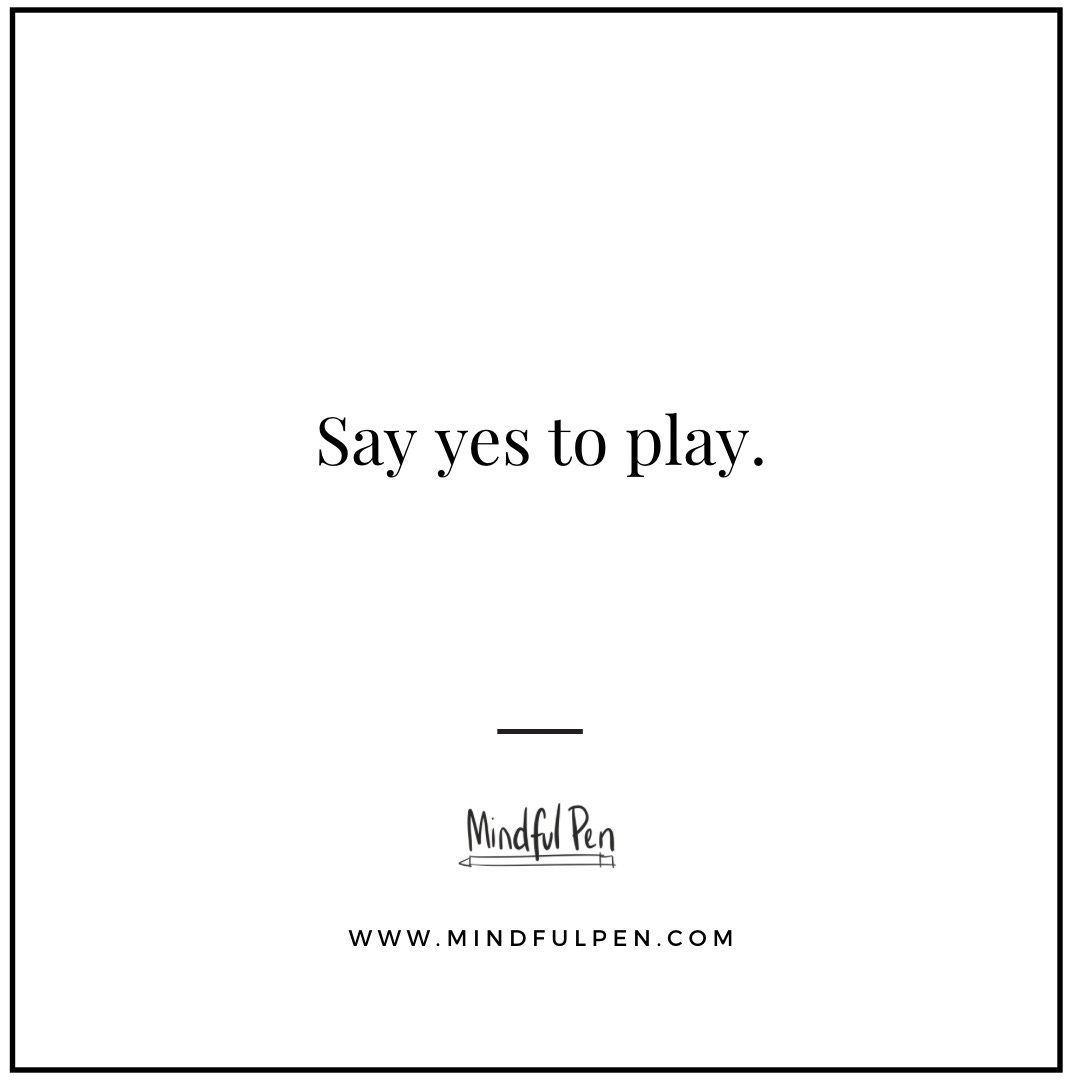I didn’t dream about my mom for a long time after she died. There have been a few intense ones, however, where her presence is strong. It’s a cruel trick of the mind. At first, in the dream, I don’t recognize how special it is that she is there. It feels incredibly normal. The comfortableness and safeness of her being around and the fullness of her warm voice fills me with a feeling of being loved. Each time though, at the very end of the dream, I recognize I’m in a dream and the truth of that sinks in hard. I don’t get much of a chance to take in more of her before I wake up. I’m left staring at the ceiling, shaking and breathing hard.
A few weeks ago, I woke up from a dream about my mother and my youngest daughter stood beside my bed. My girls often try to find ways to sleep with me. This night, my youngest complained of her legs itching. I wrote this poem the next morning.
Okay
She dreams.
Mother is helping a little boy
photograph with a disposable camera
a tiny green army figurine,
a GI Joe.
He hands her the camera and directs the angle.
Blades of grass obstruct the view,
she offers no critique.
“Okay,” she complies.
Her voice is so close and so real.
They play.
She is all in with him
encouraging imagination.
In her dream, she remembers
it’s a dream
and opens her eyes.
There is a sadness she can’t shake
so she gets up to walk the house
check the locks,
look out the window,
drink water
as she often does after dreams like this.
She hears her daughter’s tip toe
through the midnight hush.
A small frame in an oversized t-shirt appears.
“Mommy?”
“Yeah, baby?”
“My legs are itchy.”
“Okay,” she hears her mother say.
She rubs in the hydrocortisone thinking how
her mother would have cotton balled the calamine lotion.
Normally, at this point,
she would prepare her youngest’s mind to accept
her own bed is best for sleeping.
Tonight is different.
“Do you want to sleep in my bed?”
Her daughter’s eyes betray a spark.
Her ruse has worked.
Her daughter pouts an artful, soft smile
nodding yes.
“Okay.”After writing it, I thought about the idea of agreeing to play. My mom worked at night and stayed home during the day. I remember her playing with me. She encouraged using our imaginations and rarely stopped us from the make believe we were playing out, even if that meant we jumped off the couch to flee our pirate ship.
In my roles as both mom and educator, “play” is part of my job. When I pause to think on this, it’s pretty sweet. But I feel as though too often I turn it down. It’s easy to get stuck in “business” mode, following the rules or social expectations for the time and place.
How often do we encounter play? Or better yet, how often do we choose to play? Not enough.
It isn’t like I have to dedicate 20 minutes to play every time. What about playful moments? Like…randomly taking a pillow and whacking my husband with it (gently, of course) instigating play. Or asking for a dance in the middle of the kitchen. Slipping into another accent to answer a question. Standing up and doing a quick dance between episodes of a show. Sending a funny meme to a friend before heading into a serious meeting.
In the education sector, there is supportive research behind “play” and the overall feeling of happiness and joy. The more at ease or joyful a person feels, the more likely they are open to taking in information, comprehension and the longevity of hanging onto information improves, behavior and bullying incidents decrease, engagement increases - there are a lot of benefits to feeling good. It’s the same for adults too. (A common theme I often find in my work - what’s good for kids is good for adults too.)
Think about yourself. When you’re happier at work, you’re more willing to listen and collaborate with others, you are more patient, more engaged. It’s the same for home too.
You’re more willing to tolerate the clothes put in the hamper inside out. You’re more apt to be team oriented in doing the dishes getting others to join in rather than simmering in resentment (totally don’t do this…ha!)
Play lifts the mood. Shifts attitudes. It creates a more positive environment.
In my poem, the “play” is “playing along” meaning to go along with someone else’s reality. To give up, in part, some control and take on a role that fits the script created by someone else. It is in part suspending the rules a bit of what “should be” happening momentarily.
I don’t sleep the best when there is a squirmy heat rock next to me, but sometimes I just go ahead and make room. In the grand scheme of life, this night was a blink. Soon, she won’t ask as often to snuggle. That doesn’t mean I sacrifice all nights, but every once in a while I can play along.
Write
How often do you encounter play? At home? At work? How could you incorporate more play into your daily life? What impact might this have on you and those around you? Conclude your reflective writing today with a brainstorm listing ideas of how you could play more.
Share your reflection here for a chance to be featured in a future post!
Want to join our community or know someone who might want to?






